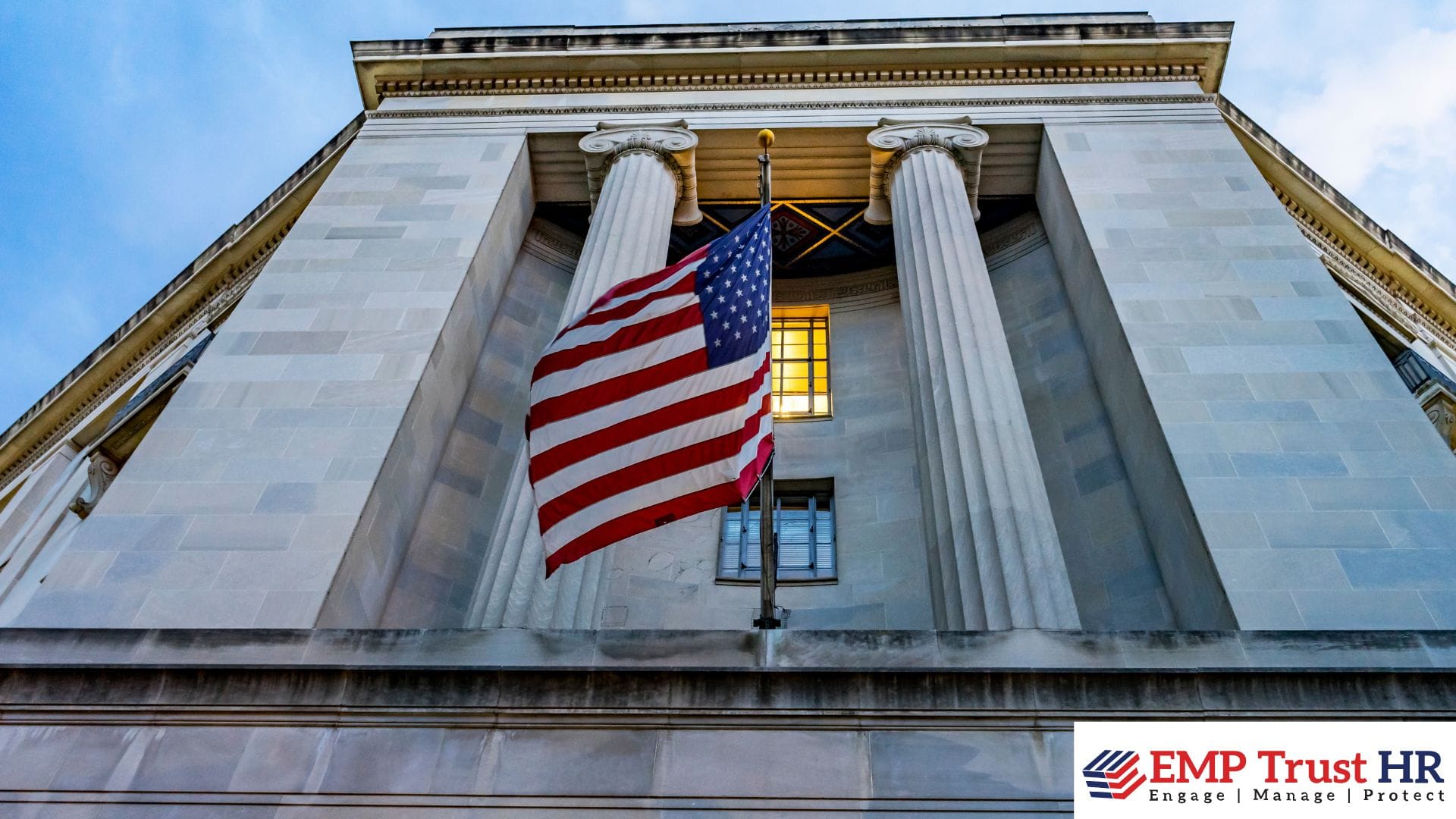On Wednesday, July 18, 2025, the U.S. Department of Justice (DOJ) released guidance targeting employers receiving federal funds, including federal contractors and grant recipients. The guidance addresses diversity, equity, and inclusion (DEI) practices that may violate federal anti-discrimination laws. While directed at federal fund recipients, legal experts suggest the guidance offers valuable insights for all employers.
Key Points from the DOJ Guidance
Prohibited DEI Hiring Practices:
Mandating diverse hiring slates based on race or other protected characteristics is illegal, as it creates unequal treatment or disadvantages qualified candidates.
Example: A research institute requiring interview slates to include a minimum number of candidates from specific racial groups, while rejecting otherwise qualified candidates, violates federal law.
Unlawful Use of Proxy Criteria:
Hiring criteria that appear neutral but act as proxies for protected characteristics, such as “cultural competence” or “lived experience,” are prohibited.
Geographic targeting in hiring that indirectly favors certain groups may also be deemed discriminatory.
Race-Segregated Training Programs:
Training programs that separate participants by race or exclude individuals from specific sessions based on race are illegal.
Example: A university DEI training requiring participants to join race-based discussion groups violates federal law.
Broader Implications for Employers:
The guidance aligns with the Trump administration’s ongoing efforts to address perceived discrimination in DEI initiatives, including executive orders to reverse Biden-era policies.
Attorney General Pamela Bondi emphasized, “This Department of Justice will not stand by while recipients of federal funds engage in illegal discrimination.”
Why This Matters for HR Professionals
The DOJ’s guidance serves as a warning to review and adjust HR policies to ensure compliance with federal anti-discrimination laws.
While aimed at federal fund recipients, the principles apply broadly, offering “good insight” for all employers to avoid practices that could be construed as discriminatory.
Employers are encouraged to consult legal counsel to align hiring and training practices with federal law while fostering inclusive workplaces.



